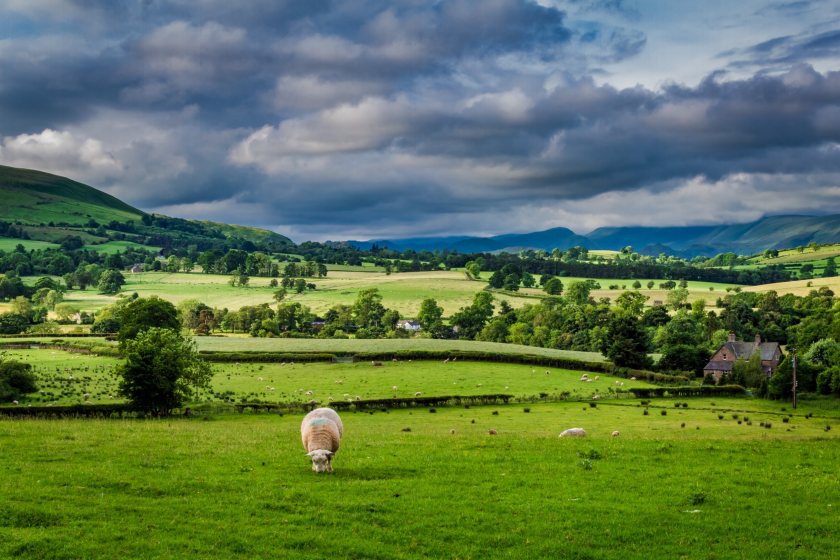
Rural campaigners have told the government to 'put its money where its mouth is' on sustainable farming by bolstering the ag budget to £3.8 billion a year.
Increasing the farming budget is key to long-term growth in the rural economy and delivering on environmental targets, the Country Land and Business Association (CLA) has argued.
It has set out a rationale for increasing the ag budget to £3.8bn a year by 2027/28, offering the industry "the certainty it needs at a vital time of the transition process post-Brexit".
Traditionally, farmers received payments based on acreage, but since Brexit, the government has been gradually moving to a new era of sustainable food production coupled with public payments for public goods.
However, the budget has remained static since 2014, despite spikes in inflation, major shifts in the importance of domestic food security, and recognition of the scale of the environmental challenges.
The CLA, as well as other industry groups, have been calling for the budget to be increased from £2.4bn a year to £3.8bn a year in England, with a £1bn budget in Wales, and has today (9 August) set out why this is important.
The body's president, Victoria Vyvyan said: “Landowners can feed the nation and improve the environment – but they can't do it on a shoestring budget.
"Now is the time for a budget reset. Without the right economic, regulatory and political conditions, farmers will be unable to deliver on the multitude of societal demands that ultimately fall on them.
"We need to know the government's ambition is real and not just a good soundbite. Achieving their aims costs money, and the Treasury must put its money where its mouth is.”
The CLA’s paper sets out an assessment of the ringfenced agriculture budget needed in England to meet the government’s commitments from 2025/26.
The analysis is built on enhancing current schemes and programmes to meet the objectives, rather than on radical re-invention.
It covers the Environmental Land Management (ELM) programme, looking at new and existing schemes to incentivise and reward actions that contribute to the Environment Act targets.
For example, the Sustainable Farming Incentive (SFI), which is part of the ELM, is the cornerstone of payments for public good, and the CLA estimates it will cost £1.5bn by 2027-28.
High take-up of the various schemes will be crucial if the Environment Improvement Plan 2023’s targets are to be met, the body said.
The budget also covers the Nature for Climate programme, such as woodland creation and peatland restoration, as well as rural productivity, resilience and the food security programme.
Against the backdrop of this, the CLA explained that the Basic Payment Scheme (BPS) is being phased out, and while it was worth £1.84bn in 2020, it will fall to £480m in 2025-26 and disappear completely by 2028-29.
Ms Vyvyan warned that with BPS payments disappearing, farming businesses must not face a financial cliff-edge.
"The new government says it wants to support farmers and boost Britain’s food security, and now is the time to put their money where their mouth is and back them to grow food and improve our environment.”
